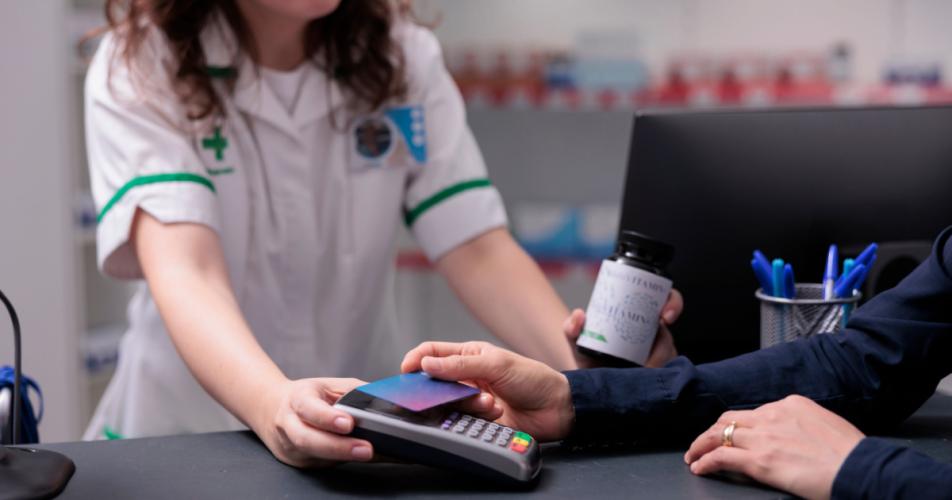Safety and efficacy of vitamin supplements
Some vitamin supplements can do more harm than good, which is why it's important to talk to your doctor about any treatments you are taking, AMA Queensland President Dr Maria Boulton has told ABC Brisbane Drive.

Transcript: AMA Queensland President Dr Maria Boulton, ABC Brisbane, Drive with Kelly Higgins-Devine, Monday 5 February 2024
Subjects: Safety and efficacy of vitamin supplements
KELLY HIGGINS-DEVINE: Do you take any vitamins? If you do, how much do you actually know about what you're putting in your body? Turns out, some of the more popular vitamins and health supplements on the market could actually be harming, not helping you. Dr Maria Boulton is the President of the Australian Medical Association Queensland. Hi, Maria.
DR MARIA BOULTON: Good afternoon, Kelly.
KELLY HIGGINS-DEVINE: Is this something you talk about with your patients, or people that want to take vitamins because they're feeling sick?
DR MARIA BOULTON: All the time. And another reason why people want to take vitamins is because they're feeling tired and everyone's looking for that magic cure for energy levels. But it's really important when people ask you whether or not you take any medications, many people will forget to tell us whether they take vitamins. And we do as doctors specifically ask. But I guess if you're ever in a situation where you're asked what are you taking, please also include your vitamins on the list.
KELLY HIGGINS-DEVINE: Okay, so which supplements and vitamins are patients most commonly telling you they're taking?
DR MARIA BOULTON: Most patients that we see will take several things. One commonly-taken vitamin is folic acid. So for example if women are trying to get pregnant or in that first stage of pregnancy, it's really important that they take folic acid and the dose will depend on their medical situation.
Some people take vitamin D because some people are vitamin D deficient and it's really important for their bones, but you find that a lot of people also take things like multivitamins or forms of vitamin B complex or several individual vitamin Bs because they feel that it might help them with their energy levels.
KELLY HIGGINS-DEVINE: Okay. So what damage could they possibly be doing by taking vitamins?
DR MARIA BOULTON: Everything's great in small doses, and some people do need to take vitamins and supplements because of medical conditions or because there's no way to get it through their diet. But essentially, it's really hard to overdose on vitamins if you're just getting them through food, but it's much easier if you're taking supplements. If you're going above the recommended dose, or perhaps if you're already high in that vitamin and don't need any more, that's when people can overdose. There are several vitamins that, if you take too much, it can actually cause symptoms.
KELLY HIGGINS-DEVINE: B6 is one of those, isn't it? It can be potentially harmful.
DR MARIA BOULTON: Yeah, B6 is one of them. People take it for several reasons, often because they get little cracks on the sides of their lips, but if you take too much, it can affect your peripheral nerves, and it can cause numbness. It can also cause nausea and heartburn, and reduce your muscle coordination. The good thing is that most of the time, those symptoms go away the minute that you take away the excess vitamin B6. But they're certainly not pleasant to go through.
KELLY HIGGINS-DEVINE: The vitamins and health supplement industry is massive, money in it. How heavily regulated is it, how much testing is done to make sure what's advertised on the bottle is actually in the pill?
DR MARIA BOULTON: Yeah, it's a massive industry. And we get marketed to every day through social media, TV, etc. It's the role of the TGA in Australia to regulate vitamins. When you look at their website, they say vitamins tend to be low-risk products and they look at them for safety and quality, but they don’t necessarily assess them for efficacy, which means that it may be that that particular compound may not actually work and do what it says it does.
So it’s not as tightly regulated as say, for example, a cholesterol-lowering drug or a blood pressure medication that comes on a script.
There’s also people that buy these vitamins overseas and the TGA doesn’t have visibility over those. And then there may be people that may be buying things that are perhaps compounded, which is again very different.
So it’s really important that if anyone is considering taking a vitamin, a) why are you taking it? Have a chat with your doctor and make sure that it’s something that’s actually safe, that it’s actually something that’s going to have an effect on you, that there’s evidence behind it, that it’s not just going to cost you money - because nobody needs to be wasting money at the moment with cost-of-living pressures - and is it safer to have that vitamin through food?
For example we know that calcium – and I know that a lot of people are low in calcium – it’s much safer if you can achieve your adequate daily intake through food rather than through supplements. But there are some people who do need supplements and that’s why it’s really important to have that discussion with your doctor.
KELLY HIGGINS-DEVINE: Good to talk with you, Dr Maria Boulton. Thank you.



